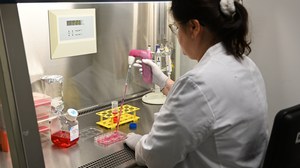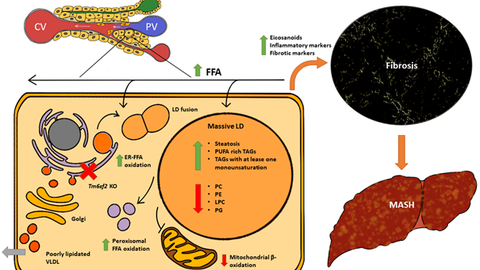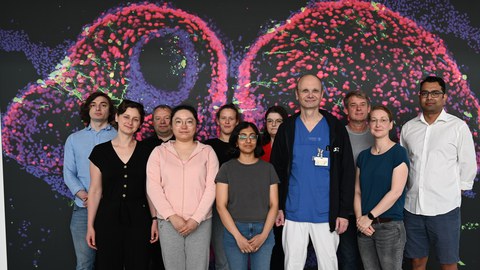Hampe Lab
The research interest in our group is to unravel the molecular pathways that are implicated in the development of gastrointestinal and hepatological disorders.
 © Hampe Lab
© Hampe Lab
Our research
We employ modern functional, genetic, genomic and epigenomic approaches (GWAS, snRNA-Seq, snATAC-Seq, spatial transcriptomics, DNA-methylation and tissue-specific mouse KO-models) and integrate these with deep learning models to understand the molecular mechanisms of liver physiology and regeneration in health and disease.










